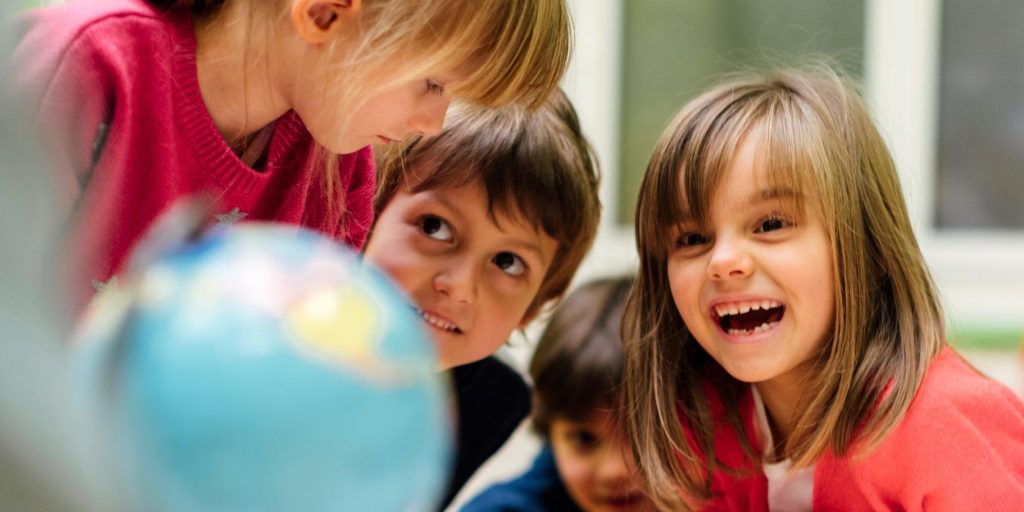07 Aug 2019 | Articles
Social Emotional Learning (SEL): from theory to practice
The development of the social emotional skills is the safe response to confront the challenge of conquering the subjective well-being. There are children, young persons, and adults, who are unable to concentrate in the learning processes in schools or in their everyday lives. They are impregnated with uncomfortable emotions such as anger, jealousy, fear, guilt, anxiety, and rejection. In other words, all the emotions they need to be made aware of and regulated to result in a peaceful, creative and constructive behavior. If there is no guiding educational process, these unpleasant emotions can block learning and reinforce the high rates of violence in the family and society.
Emotions guide human actions, and through them we make war or build peace. The development of the social emotional skills promotes harmony and the regeneration of the fundamental values for the healthy coexistence between people. It can quieten and pacify our afflicted and needy minds from deeper meanings.
In this cultural and educational context, thinkers from all the areas of learning are dedicated to the creation of pedagogic material for the development of social emotional skills. They urgently need to reach children, young persons and adults, schools, families, corporate environments, and society as a whole. Considering the importance that the issue represents, it is hoped that educators from around the world would seek to be aware of and improve the already existing proposals and to confront the pedagogic challenge of putting it into the everyday practice of education.
The comprehension of the importance of educating oneself emotionally is in a clear process of consolidation worldwide. The profound need is creating theoretical responses of awareness. The discourse on the importance of the subject has already reached political and educational leaders. Research and studies in the areas of psychology, neuroscience, and sociology offer important information to build the required practical actions. We are now waiting for pedagogy to enter the stage and to create, with a scientific base, the appropriate learning material for children, young persons, and adults.







